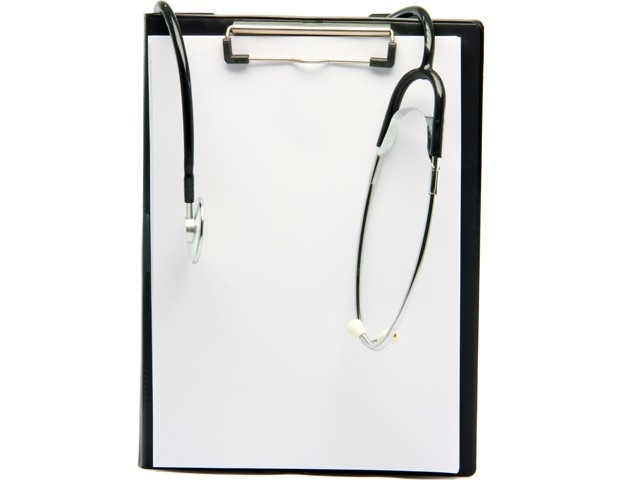
Doctors fear the Abbott government’s proposed $7 fee for visits will prove a boon to corporate medicine.
Liz Marles, the president of the Royal Australian College of General Practitioners, said in areas like western and south-western Sydney where doctors are solo and older than average, the change encourages them to opt out.
“Given 41 per cent of GPs in urban areas are over 55 anyway, these guys are probably more like 60-plus, and so they, I think that if you squeeze them. . . or require them to go through a lot of change in order for them to be able to continue to provide a service then they’ll just choose retirement,” she said.
“We don’t want to see people pushed into retirement, and we believe that the doctor-patient relationship is critical to good outcomes,” Ms Marles said. “I think it will probably lead to increased corporate medicine in those areas.”
Listed networks like Primary Health Care and Sonic Healthcare may look to buy out the practices of disgruntled or financially struggling doctors, she said.
Brian Owler, the new president of the doctors lobby the Australian Medical Association, has previously warned that doctors could face financial pressure if they waive the co-payment for patients experiencing hardship.
Dr Owler has said such a gesture would end up costing doctors $11, because along with receiving a $5 cut to their fee through Medicare, GPs would also lose a bulk billing incentive.
Current form may change
However Deutsche Bank healthcare analyst David Low has said he does not expect the co-payment proposal to be passed by the senate in its current form.
“Some of the more draconian changes, including the loss of the bulk billing incentive if the $7 co-payment is waived, are more likely than not going to be watered down in the final policy given the potential negative implications for patients and doctors,” he said. Mr Low said if a co-payment was maintained corporate player Primary might consider absorbing the cost.
“Primary tends to focus on the medium term and hence will likely consider the merits of waiving the co-pay and absorbing the rebate cut in some circumstances,” he said.
“I expect Primary will endeavour to be the lowest price provider in order to attract patients even if this requires some or all of the co-pay is waived. Such a strategy could place pressure on earnings in the near term.”
Mr Low said applying a co-payment for pathology may actually benefit Primary’s rival Sonic, which already has a high level of private billing compared to other providers.
The company’s “position as the provider of choice for many specialists” may allow it to earn more revenue from non-bulk billed services, which could offset any reduced volumes, he said.
Primary, Sonic won’t talk about impacts
Primary and Sonic have declined repeated requests to discuss what potential impact the co-payment may have on their business models, or what their response to it may be.
Rob Cooke, the chief executive of the country’s third largest corporate medical centre provider Healthscope, said he believes the threat to the business model of small GP clinics may have been overplayed.
Mr Cooke said he thinks “most doctors will charge the co-payment as the scheme has been brought in to the replace the fee cut.” He said doctors may have an incentive to maximise their income given many would earn salaries over $180,000, making them liable for an increase in tax as a result of the government’s proposed debt levy.
Mr Cooke said any hit to patient visit volume due to the co-payment would be short term only.
Ms Marles said high quality care was at risk by the cut to funding. “If you’re actually trying to manage financially then given the rebate falls to $31 for a 19-minute consultation, then it’s also $31 for a 6-minute consultation,” she said. “It’s going to encourage people to do shorter consultations.”
Source: Australian Financial Review
